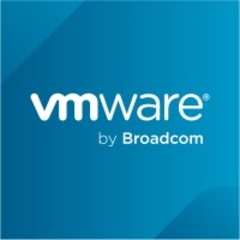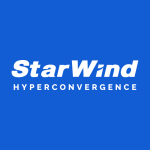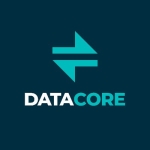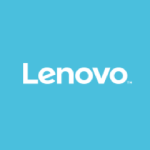What is our primary use case?
We are mainly using the solution for our Windows environment.
What is most valuable?
We're largely happy with the solution overall.
The performance has been good in general.
The initial setup is simple.
Technical support is very helpful and very good at resolving issues.
The pricing is decent.
What needs improvement?
We are looking for more load balancing at an application level.
For the hardware level, we're looking at some other solutions. For example, we're checking out Nutanix and Sangfor.
We've had issues with load balancing. Suppose, for example, if the physical ESXi host is down, the virtual machine you have handle manually. We need to have load balancing and RAM and processor balancing also.
Hardware load balancing is available on the enterprise version of the solution, however, it's extremely expensive and therefore out of our budget.
In general, we're looking for more features. This solution doesn't really offer us that much.
For how long have I used the solution?
We've been using the solution for three to four years at this point.
What do I think about the stability of the solution?
We had some issues about a year ago with stability. We took the problem to support and they were able to resolve whatever the issue was. It's been stable since then, and we haven't had issues with bugs or glitches and it doesn't crash or freeze.
What do I think about the scalability of the solution?
My colleague and I are the IT people, and we are managing vSAN for the most part. We haven't necessarily attempted to scale the solution at all. Therefore, it would be hard to say how easy or difficult the process is or how scalable in general the product is.
How are customer service and technical support?
We've used technical support in the past to resolve issues, and they have been very helpful and responsive They were able to fix any problems we've had. We're quite satisfied with them. They've been very good, very helpful.
How was the initial setup?
The initial setup is not complex. It's very simple and very straightforward.
While we handle the maintenance ourselves in-house, we have the option of calling our integration partner if we run into any issues.
What about the implementation team?
We had an integration partner that came in and assisted us with the initial implementation. We did not handle it completely in-house. They were very helpful.
What's my experience with pricing, setup cost, and licensing?
The pricing is mid-range. It's pretty good compared to other options. Everything is included. There are no additional or hidden costs.
The enterprise version, however, is very, very high. Currently, we are using the standard version. To move to the enterprise level, there is a big price jump.
Which other solutions did I evaluate?
We're currently evaluating Nutanix and Sangfor as options to replace VMware in our organization. We want more load balancing and therefore are looking for a solution that could potentially offer us that.
What other advice do I have?
We are just a customer and an end-user.
I'd recommend the solution to other organizations.
I would rate it at a seven out of ten. We've been happy with it for the most part, however, we are looking at other options that offer more features. The standard version just isn't giving us enough of what we need. That said, it;'s a good product.
Which deployment model are you using for this solution?
On-premises
Disclosure: My company does not have a business relationship with this vendor other than being a customer.














